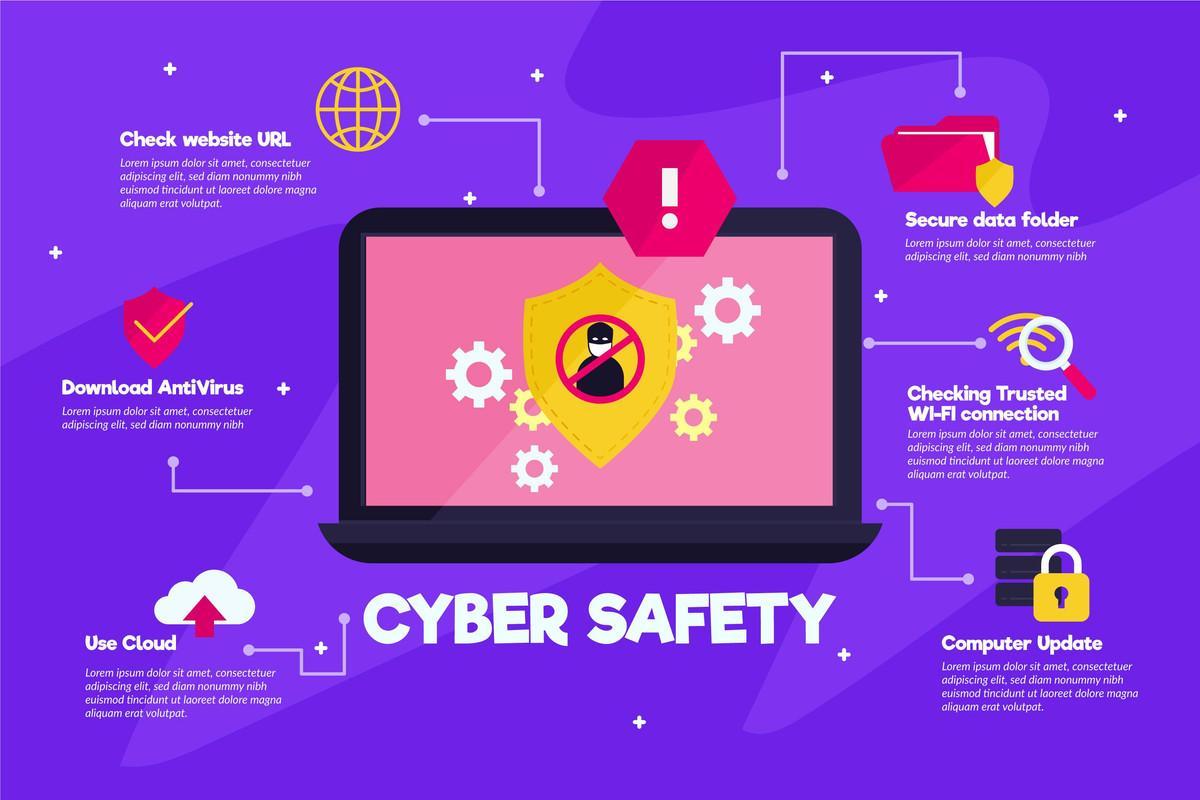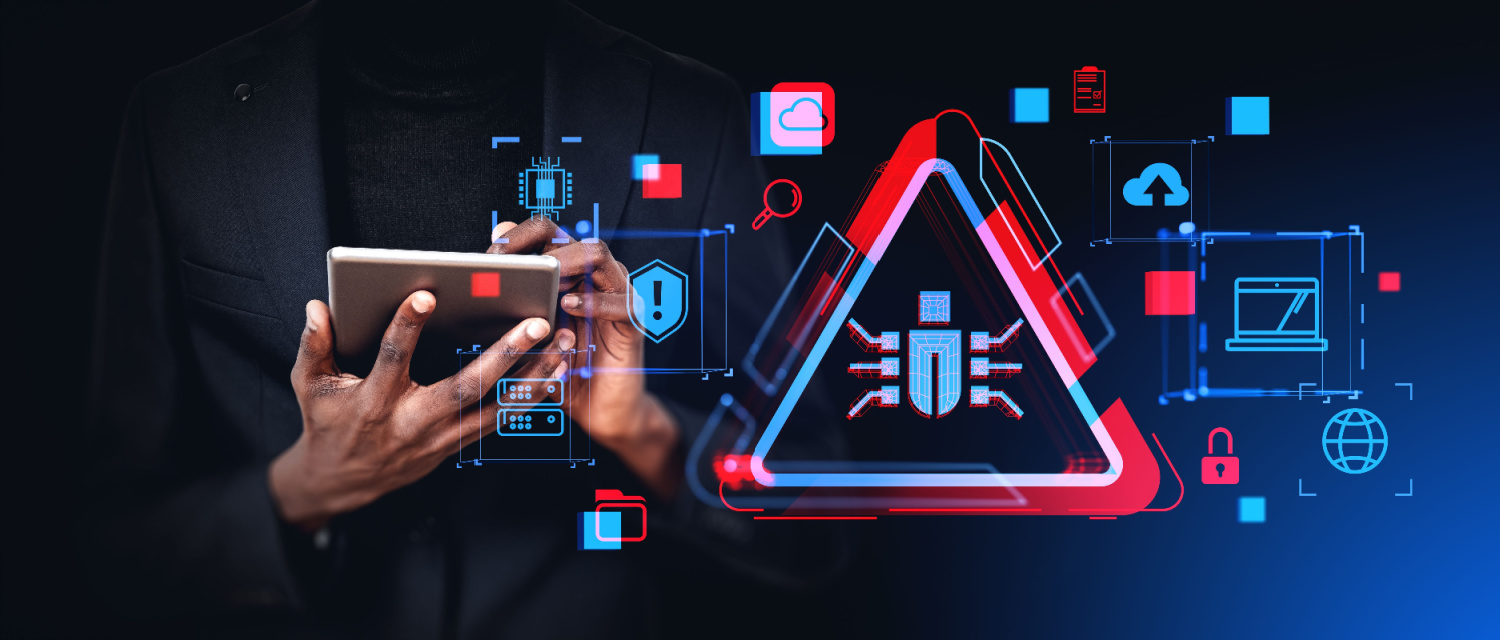As the world’s reliance on the internet continues to grow, so does the need for strong cybersecurity measures. Cybersecurity consulting is a great way for businesses to ensure that their data and systems remain secure. That said, It’s important to find a reputable service provider who can provide the best cybersecurity solutions for your business.
In this article, we will discuss what cybersecurity is, the benefits of consulting, and how to find a good cybersecurity service provider.
What is Cybersecurity?
Cybersecurity is the protection of computer networks from cyber-attacks, data breaches, and other malicious activities. It involves the use of security technologies, processes, and policies to protect networks and systems from unauthorized access, malicious activities, and other cyber threats. Cybersecurity is essential for businesses of all sizes as it helps to protect their data and systems from potential threats.
Cybersecurity is composed of several layers. These include network security, application security, endpoint security, identity and access management, data protection, and more. Each layer is designed to protect different parts of the network and system and help to keep them secure.
Types of Cybersecurity Services
When it comes to cybersecurity services, there are a variety of options available. Companies can choose from managed services, consulting services, penetration testing, vulnerability assessments, and more.
Managed services involve the use of a third-party provider to monitor and manage a company’s cybersecurity systems. This can include the installation and maintenance of firewalls, antivirus software, and other security tools.
Consulting services involve the use of a third-party provider to assess a company’s existing security systems and provide recommendations for improvement. This can include the creation of security policies, the implementation of new tools and technologies, and the assessment of current systems.
Penetration testing is a type of security testing that simulates a real-world attack against a company’s systems. This can help to identify potential vulnerabilities and weaknesses in a company’s security systems.
Vulnerability assessments involve the use of automated tools and manual processes to identify potential weaknesses in a company’s security systems. This can help to identify areas that require improvement or further protection.
A reputable cybersecurity services provider will be able to provide these services so that businesses can focus on growing and developing without worrying about the security of their networks. This can provide peace of mind and instill trust in clients and customers as they will know that their sensitive information if being protected.
Benefits of Cybersecurity Consulting
Cybersecurity consulting can provide a number of benefits to businesses. It can help to identify potential risks and vulnerabilities and provide strategies to reduce those risks. It can also help businesses to develop and implement security policies, procedures, and systems.
Cybersecurity consulting can also help to ensure that a company’s systems are up-to-date and compliant with industry regulations. This can help to reduce the risks associated with data breaches and other cyber-attacks. Also, it can provide peace of mind knowing that the company’s data and systems are secure.
Cybersecurity consulting services can also help you respond to security incidents quickly and efficiently. They can provide guidance on how to investigate and mitigate a breach, as well as how to implement remediation measures. In addition, they can assist with disaster recovery planning and provide advice on how to protect your business against future attacks.
What to Look For in a Cybersecurity Service Provider
When looking for a cybersecurity service provider, there are several things to consider. First, it is important to make sure that the provider has the necessary experience and expertise in the field. The provider should also have a good reputation and be well-known in the industry.
It is also important to make sure that the provider has the right tools and technologies to protect a company’s systems. This includes antivirus software, firewalls, and other security tools. The provider should also have access to the latest security technologies and be able to provide timely updates.
Finally, it is important to make sure that the provider offers a variety of services. This might include things like managed services, consulting services, cybersecurity monitoring, vulnerability assessments, and more.
How to Evaluate a Cybersecurity Service Provider
Once you have narrowed down your list of potential providers, it is time to evaluate them. The first step is to review the provider’s portfolio and experience. It is important to make sure that the provider has experience in the relevant areas and can provide the necessary services.
The next step is to review the provider’s pricing and services. It is important to make sure that the provider is offering competitive rates and that the services they provide are in line with your needs.
It is also important to make sure that the provider is offering the latest technologies and tools. This includes antivirus software, firewalls, and other security tools. It is also important to make sure that the provider can provide timely updates.
Businesses should also review the provider’s customer service before making any decisions. It is important to make sure that the provider can provide timely and knowledgeable support. This can help to ensure that any issues are addressed quickly and effectively.
Questions to Ask a Cybersecurity Service Provider
When evaluating a cybersecurity service provider, there are several questions that you should ask. These include:
- What experience do you have in the field of cybersecurity?
- What services do you offer?
- What tools and technologies do you use?
- Can you provide timely updates and support?
- What are your rates and pricing structures?
By asking these questions, you can get a better understanding of the provider’s capabilities and services. This can help to ensure that you find the right provider for your needs.
Tips for Working With a Cyber Security Consulting Service
Once businesses have chosen a cyber security service provider, there are several tips to keep in mind to ensure that the project is successful.
First and foremost, businesses should ensure that they have a clear plan of action. This includes defining the scope of the project, outlining the deliverables, and setting a timeline for completion. This will help ensure that the project runs smoothly and is completed on time.
Additionally, businesses should make sure to keep the lines of communication open with the service provider. They should provide clear and concise feedback and be willing to discuss any changes or issues that arise during the project. This will help ensure that the project is completed successfully.
Finally, businesses should always be sure to read the provider’s terms and conditions carefully before signing any contracts. This will help ensure that both parties are on the same page and that all expectations are met.
Key Takeaways
Cybersecurity is essential for businesses of all sizes. As such, it’s important to find a reputable service provider who can provide the best cybersecurity solutions for your business. When looking for a cybersecurity service provider, you should consider their experience, tools and technologies, pricing, and customer service. By asking the right questions and evaluating potential providers, you can find the right provider for your needs. BlueSteel Cybersecurity is a leader in cybersecurity monitoring and cyber security consulting services. To learn more be sure to contact BlueSteel Cybersecurity today.







